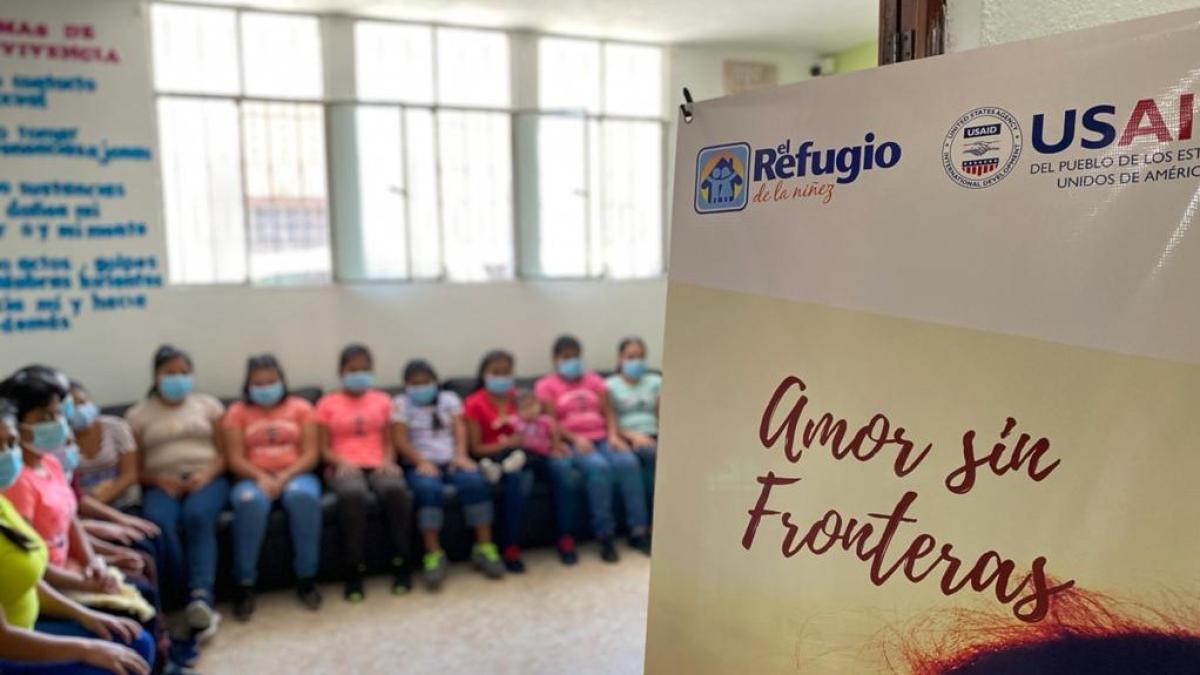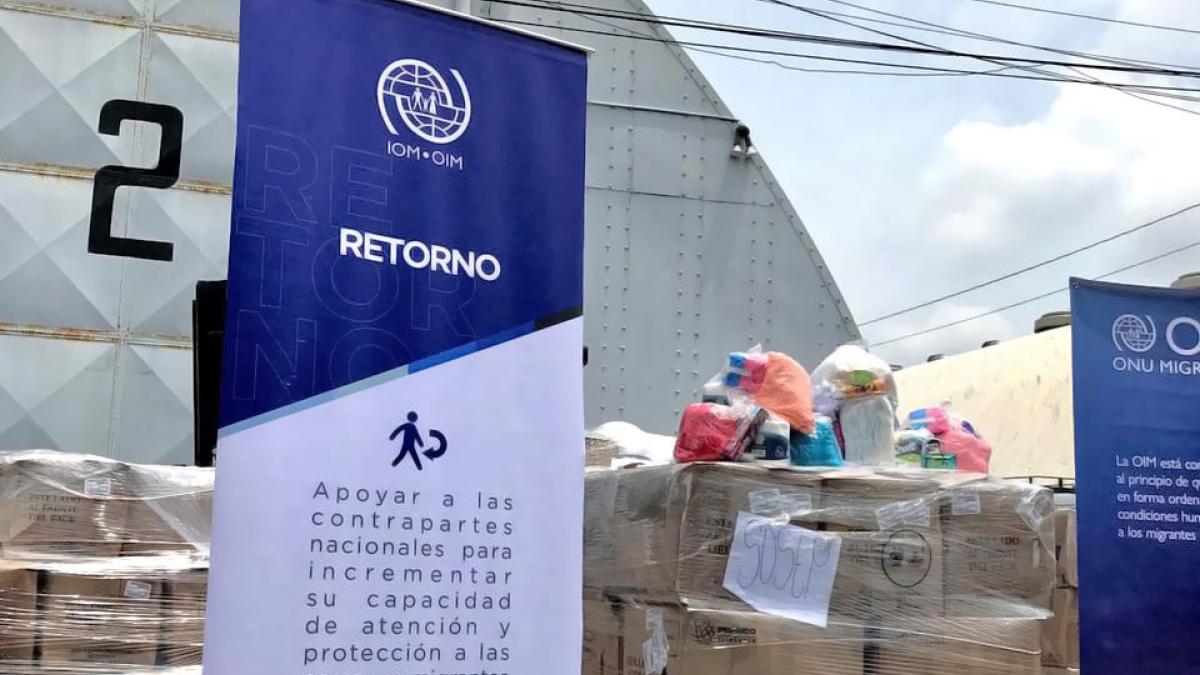U.S. assistance has contributed to important advances in the professionalism and capability of law enforcement and security services throughout Central America, increasing the capacity of vetted units, supporting community policing, and promoting violence prevention initiatives.
Homicide rates have decreased and capacity to seize illicit drugs has increased in recent years, though violence against women and children has increased. Gangs and extortion remain a threat, and transnational crime is on the rise. Challenges remain with uneven capabilities among law enforcement and security services, inadequate resourcing of security needs, the impact of the pandemic on law enforcement, and the military’s role in policing.
Working closely with government institutions, USAID and its partners implement a wide-range of projects to address the major security issues facing Guatemalans. To reduce irregular migration, provide citizen security, address corruption, and protect human rights, USAID’s projects complement efforts by the Government of Guatemala to: 1) reduce levels of crime and violence; 2) strengthen rule of law institutions; and 3) address root causes of insecurity.
CONTEXT & CHALLENGES
Marginalized populations, including women and girls, indigenous populations, Afrodescendent, and LGBTQI+ populations often suffer discrimination and may be victims of hate crimes. Victims of violence at the hand of the state or criminal organizations suffer from systemic violations of their rights under the law (including redress, protection, and recognition).
Authorities often do not hold perpetrators of these crimes accountable and labor law enforcement is weak. Obtaining clear and meaningful commitments from our justice sector partners to tackle corruption and support transparency is a foundational element for sustainable progress across the criminal justice systems of Central America.
Respect for human rights, labor rights, and press freedom are essential elements to democratic and social development in the region. Recent decisions by the Guatemalan congress, judiciary, and executive branches have undermined governance and rule of law in Guatemala. Several justice sector authorities, including four out of thirteen Supreme Court Magistrates, the sitting Attorney General and her General Secretary, have been sanctioned by the U.S. Government, which has restricted cooperation with these institutions and individuals, however efforts are ongoing to address key development goals through broader partnerships.
Obtaining clear and meaningful commitments from our partners to tackle corruption and support transparency is a foundational element for sustainable progress across Guatemala's criminal justice systems. Increasing security within communities is key to generating hope for citizens in the region so they can move safely to school and work, and to attract investment.
IMPROVING SECURITY
In alignment with the U.S. Strategy for Addressing the Root Causes of Migration and USAID/Guatemala’s Country Development Cooperation Strategy, USAID seeks to support a Central America where people advance economically, live, work, and learn in safety and dignity, contribute to and benefit from the democratic process, have confidence in public institutions, and enjoy opportunities to create futures for themselves and their families at home. We work with partner government institutions and community organizations to build professional security forces and focus on violence prevention and intervention to build a more secure region. Improving security focuses on:
Professionalize Security Forces: The U.S. Government supports the development of accountable security forces that earn the respect of the citizens they serve. This includes adopting budgets for security forces that enable them to be sufficiently staffed, trained, equipped, and compensated, and have internal oversight to strengthen accountability. Governments establish legal limitations on the use of militaries in civilian policing and implement plans for the removal of militaries from civilian policing.
Counter Organized Crime: Security forces counter organized crime and using place-based strategies, disrupt and dismantle transnational criminal organizations and other criminal actors in key corridors to improve citizen security.
Build Safe Communities through Violence Prevention and Intervention: Governments make legal and policy reforms in violence prevention, support rehabilitation and re-insertion into society of former gang members and individuals previously incarcerated, and provide protection to at-risk youth and victims of violence, and other marginalized populations, including prevention of human trafficking.
GENDER-BASED VIOLENCE
In response to the high numbers of GBV cases, USAID endorsed key legislation to operate a specialized 24-hour Court for Violence Against Women and Sexual Exploitation. Since GBV is a major driver of irregular migration, USAID in partnership with the GoG institutions supports case management protocols to improve registration, protection, and provision of services to GBV victims.
ILLICIT TRAFFICKING OF MIGRANTS
To deter irregular migration, USAID works to strengthen the Guatemalan Government’s capacity to prevent, detect, and prosecute trafficking in persons (TIP). In conjunction with the Interinstitutional Committee against TIP (CIT), composed of 32 GoG institutions, organizations, and civil society, USAID’s programs support institutional strengthening to identify trafficking victims, provide appropriate assistance, and identify potential traffickers.
In addition to this, USAID funds TIP victim shelters which provide medical and psychosocial services, education, and legal support. In order to address the root causes related to irregular migration, and to reduce vulnerability to TIP, USAID programs also implement prevention activities that improve citizen awareness, knowledge, and community response to TIP





